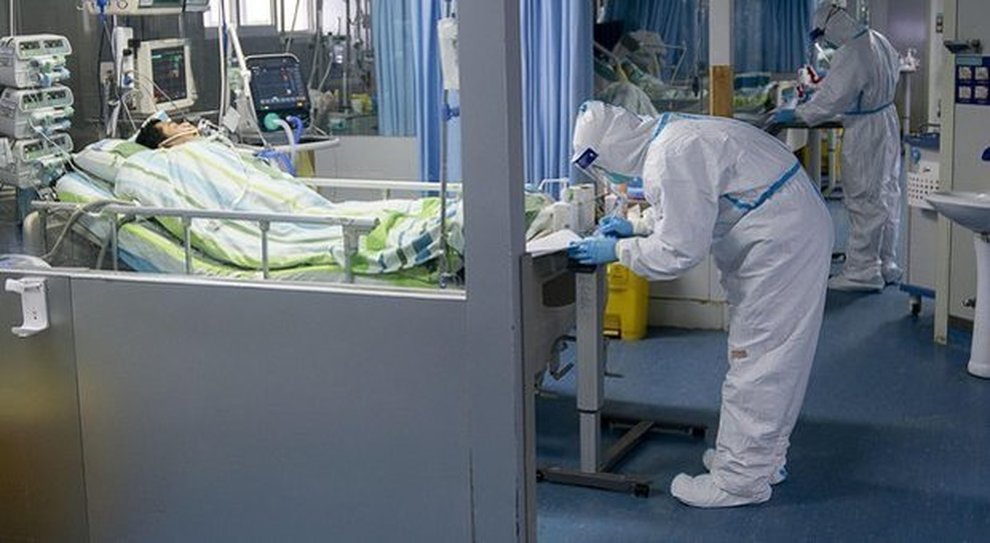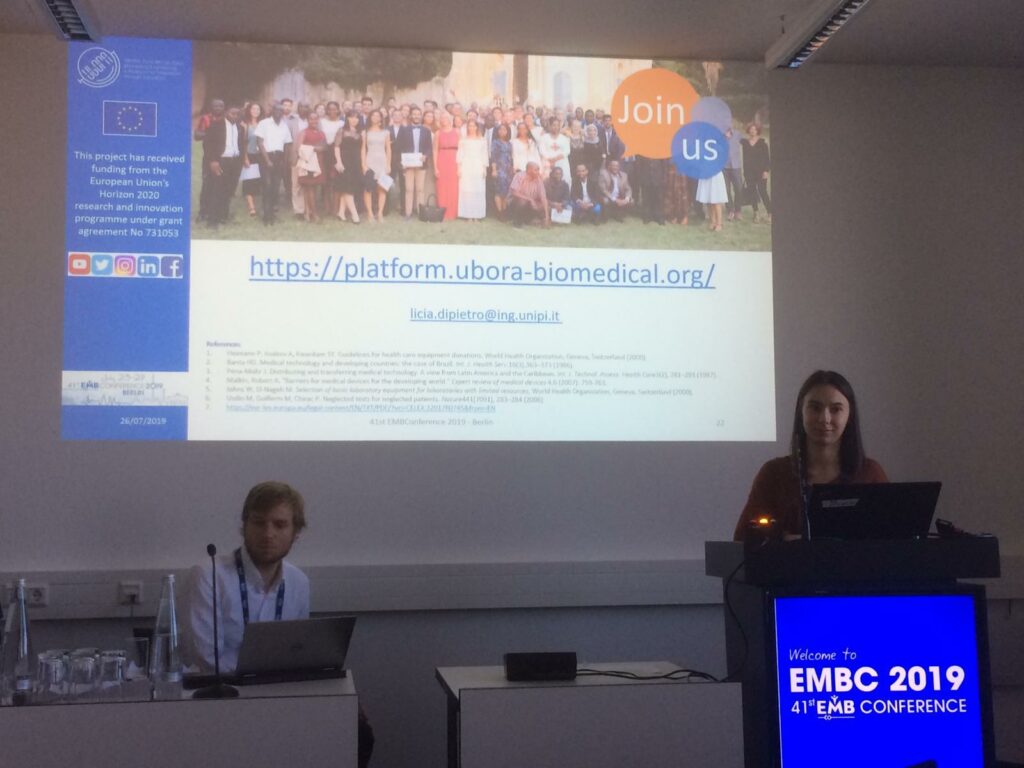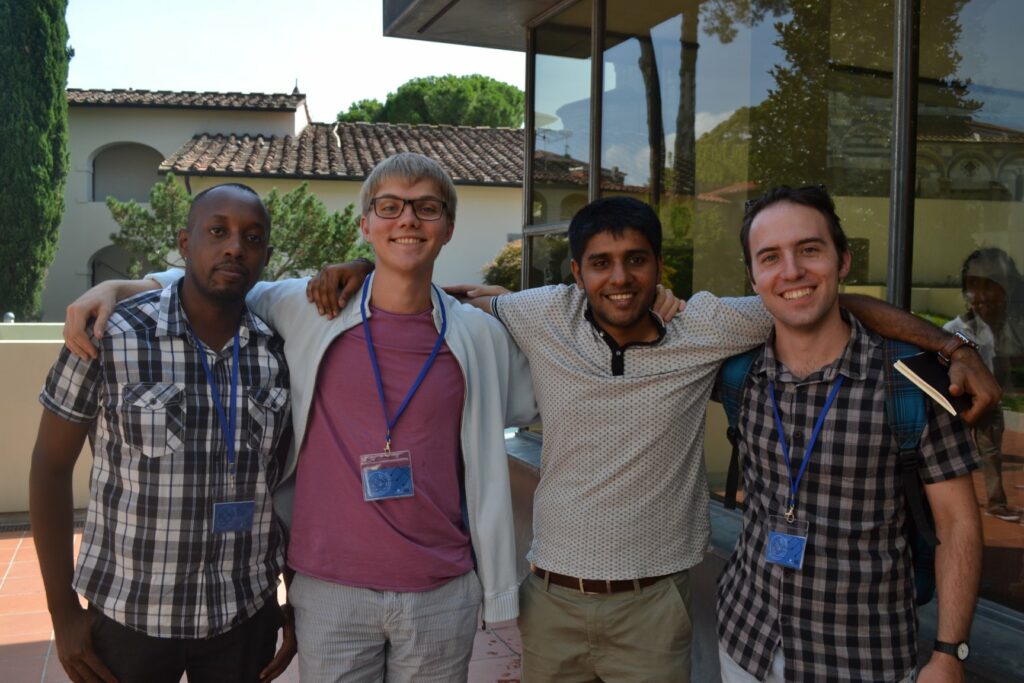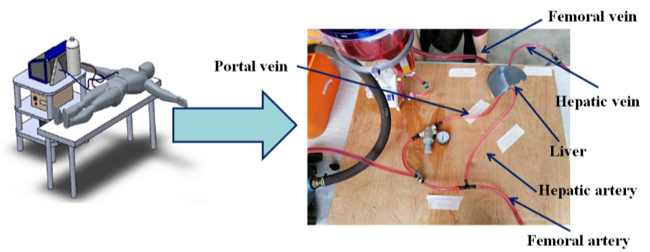Collecting and supporting the expansion and sharing of best practices in Biomedical Engineering (BME) can constitute a transformative strategy toward better health, through universal health coverage and more equitable and accessible medical technologies, especially in low resource settings.
Best practices can be drivers of change – accelerating progress and inspiring role models – and may involve multiple dimensions including scientific-technological issues, hedonomics, learning/teaching approaches, management of physical and human resources, and implementation of relevant regulations.
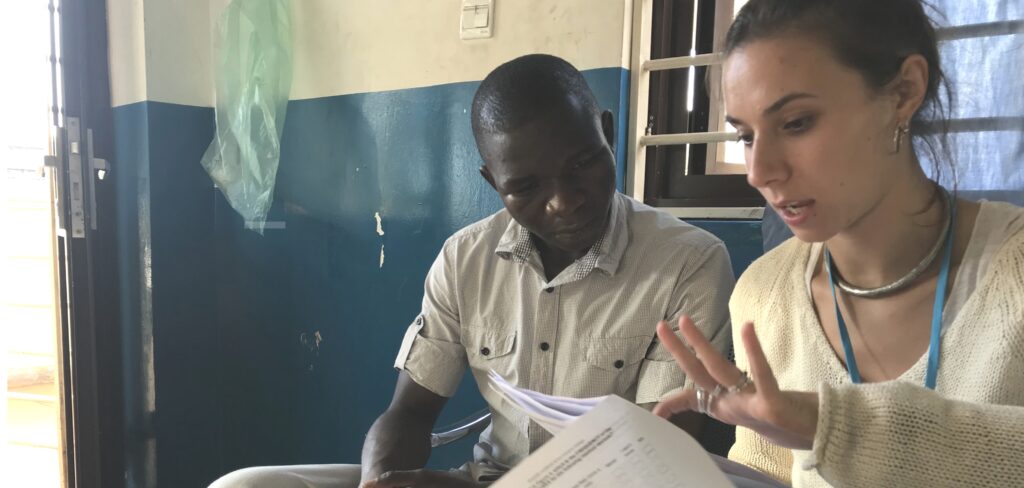
Thanks to the support of the UBORA community and of the IFMBE working group “BME in Low and Middle Income (LMI) Settings”, a questionnaire was designed to assess the current state-of-the-art of BME in low resources settings through the perceived impact, maturity, and implementation challenges of its multifaceted dimensions (mature and forthcoming technologies, design methodologies, education, regulations, and policymaking). The questionnaire was administered to professionals with recognized experience in the field of BME and its application to LMI settings, thanks to the contribution of IFMBE, EAMBES, E4C, and ABEC.
Continue reading


